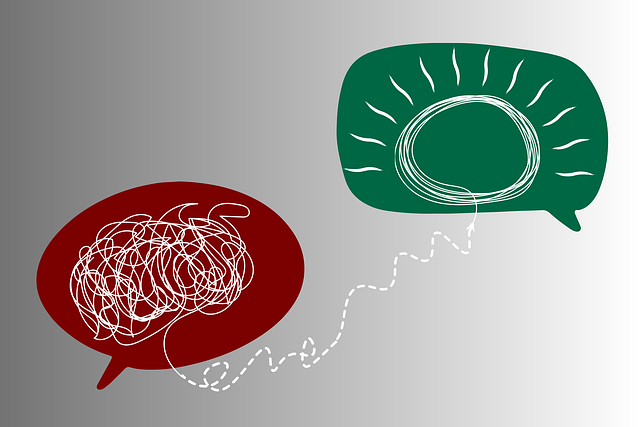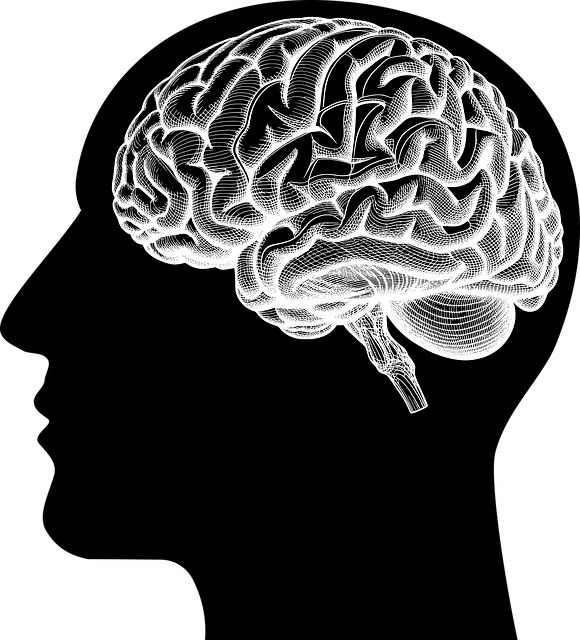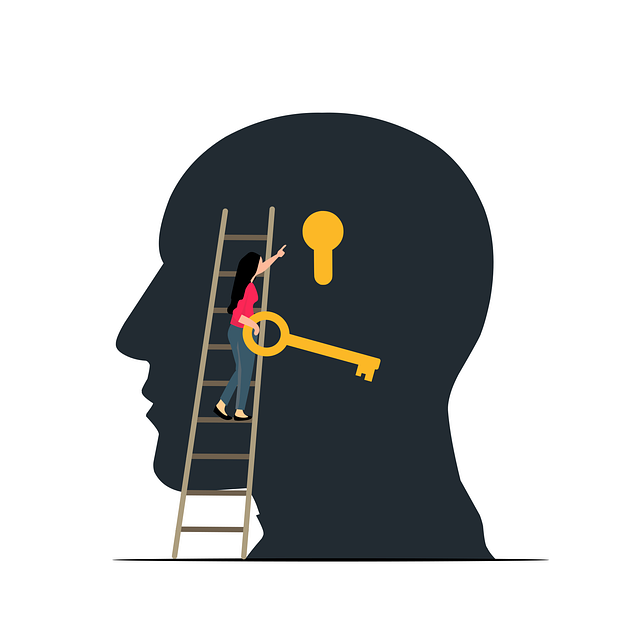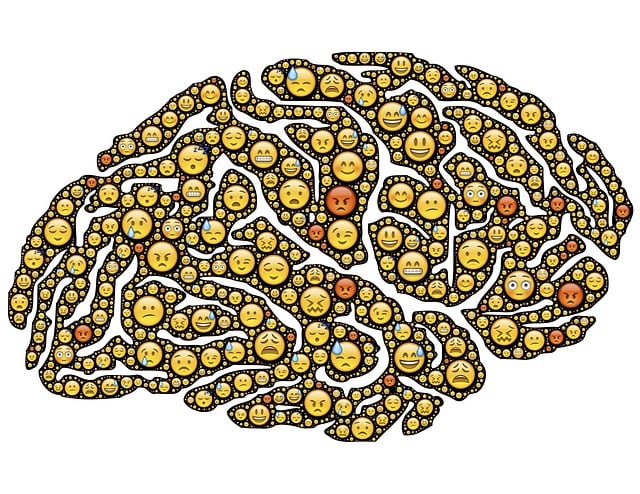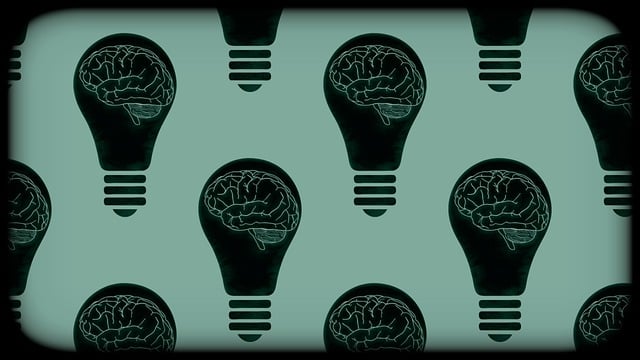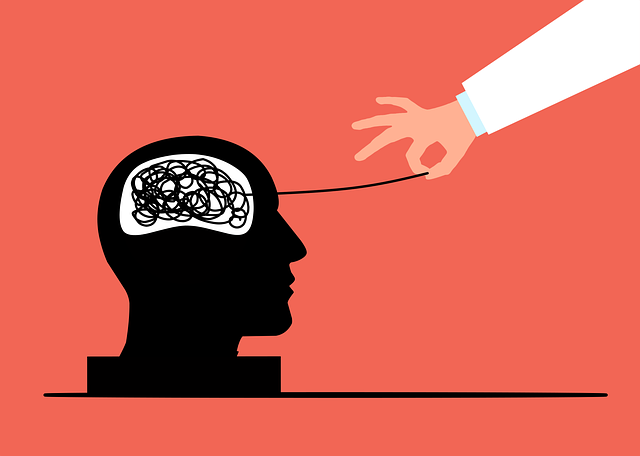Longmont Drug Abuse-Substance Abuse Therapy centers promote holistic self-care as a powerful tool against addiction, emphasizing physical health, emotions, psychology, and social connections. In today's fast-paced environment, stress reduction methods like mindfulness meditation and regular exercise are crucial to combat burnout among healthcare providers. A comprehensive strategy addressing mental wellness, substance abuse, and cultural sensitivity ensures tailored care for diverse backgrounds. The program offers personalized self-care practices, building self-esteem and healthy coping mechanisms, and community outreach initiatives for long-term recovery.
Self-care is more than a trend; it’s a vital practice for maintaining overall well-being. In today’s fast-paced world, understanding and prioritizing self-care is essential to prevent burnout and overuse. This article guides you through the fundamentals of self-care, focusing on strategies to enhance your daily routines. We explore signs of exhaustion and offer insights into effective practices, including Longmont Drug Abuse-Substance Abuse Therapy as a holistic approach to healing.
- Understanding Self-Care: The Foundation of Well-being
- Recognizing the Signs: Identifying Burnout and Overuse
- Strategies for Effective Self-Care Practices
- Longmont Drug Abuse-Substance Abuse Therapy: A Path to Holistic Healing
Understanding Self-Care: The Foundation of Well-being

Self-care isn’t just a trend; it’s a foundational practice essential for cultivating mental wellness and combating issues like Longmont drug abuse—substance abuse therapy can only be as effective as the individual’s willingness to engage in self-nurturing activities. Understanding self-care involves recognizing its multifaceted nature, encompassing physical, emotional, psychological, and social aspects. It is about creating a balanced lifestyle that supports overall well-being.
This proactive approach, often encouraged by mental wellness coaching programs development, helps individuals identify and manage their unique needs. By prioritizing self-care, one can reduce the risk of various mental health issues, including those associated with substance abuse. A holistic strategy, which includes regular exercise, adequate sleep, stress management techniques, and nurturing social connections, forms the crux of maintaining a healthy mind in a complex world.
Recognizing the Signs: Identifying Burnout and Overuse

In today’s fast-paced world, it’s easy to get swept up in the hustle and bustle, leading many individuals down a path of burnout and overuse. Recognizing the signs is the first step towards improvement; understanding when you or someone else is experiencing chronic stress, exhaustion, or emotional depletion is crucial. Longmont Drug Abuse-Substance Abuse Therapy centers often see clients who have reached their limits, struggling with what Burnout Prevention Strategies for Healthcare Providers advocate as a result of prolonged exposure to high-stress environments.
Stress Reduction Methods can be instrumental in combating this issue. Techniques like mindfulness meditation, regular exercise, and setting clear boundaries between work and personal life are proven trauma support services that help individuals regain control. By identifying the early warning signs and implementing these strategies, one can mitigate the risk of burnout, fostering a healthier and more sustainable lifestyle.
Strategies for Effective Self-Care Practices

Improving self-care practices is a multifaceted approach that can significantly enhance overall well-being. One effective strategy is to prioritize mental wellness through regular therapy sessions, especially if struggling with substance abuse issues like Longmont Drug Abuse. Substance abuse therapy provides a safe space for individuals to explore underlying causes and develop coping mechanisms, fostering better mental health management. Incorporating self-awareness exercises into daily routines can also be transformative. These practices encourage introspection, helping individuals gain insights into their thoughts, feelings, and behaviors, which is crucial for making positive changes.
Additionally, leveraging resources such as the Mental Wellness Podcast Series Production offers accessible ways to engage with mental health content. Podcasts provide a convenient platform for learning about various self-care techniques, mental health conditions, and recovery strategies. They can be listened to on-the-go, catering to modern lifestyles. Furthermore, Cultural Sensitivity in Mental Healthcare Practice is essential, ensuring that self-care approaches are tailored to individual needs while respecting diverse cultural backgrounds and beliefs.
Longmont Drug Abuse-Substance Abuse Therapy: A Path to Holistic Healing

In the journey towards holistic healing, Longmont Drug Abuse-Substance Abuse Therapy offers a transformative path for individuals seeking to overcome challenges related to drug abuse and promote emotional well-being. This therapeutic approach goes beyond traditional treatments by incorporating various self-care practices tailored to address the root causes of addiction. Through a comprehensive curriculum, clients engage in activities that foster self-esteem improvement, emotional expression, and healthy coping mechanisms.
The Longmont program’s success lies in its community outreach initiatives, where trained professionals actively involve local communities in the fight against substance abuse. By implementing effective Emotional Well-being Promotion Techniques, they empower individuals to take control of their lives, make positive choices, and build strong support systems. This holistic approach ensures that clients receive not just medical treatment but also the tools necessary for long-term recovery and improved quality of life.
Self-care is not a luxury, but a necessity for maintaining overall well-being. By recognizing the signs of burnout and overuse, individuals can proactively implement effective strategies such as those offered by Longmont Drug Abuse-Substance Abuse Therapy. Holistic healing involves addressing physical, mental, and emotional needs, fostering a balanced lifestyle that promotes resilience and longevity. Embrace self-care practices as a transformative journey towards a happier, healthier you.


